Open letter from Freyja Bennett, as a queer and disabled student
February 9, 2021
I didn’t set out to write a letter of lament about my suffering, I just have some perspectives on the whole SPU lawsuit situation and the related culture of discrimination. This is what I have seen and felt and experienced, and it is entirely colored by my own understanding of the world and internal biases and should be read as such. Also, I read too many books as a child and it bleeds into my writing, but it is really just my communication style, promise.
Unfortunately, I wasn’t shocked when I read the news about Professor Rinedahl and how the university treated him. Upon my own research a few months ago, I discovered their statement on human sexuality had not been updated since 2005. It says, in essence, “You may ‘choose’ to be gay, and you may choose to go here, but our values are set, and you don’t truly belong” This may not be the particular phrasing used, but the message is received, loud and clear. “You don’t belong here” is what I felt almost every minute walking around on campus. SPU boasts claims of diversity and inclusivity, and I bought them, and I feel robbed.
Seattle Pacific University has a rule which is outdated and now debatably illegal. They do not fully employ people who do not identify as heterosexual, and this is obviously a bit dated and not socially accepted anymore. However, it is critical to note that this one rule, this one professor, is not the extent of the issue. Yes, this is about unlawful discrimination on basis of sexuality, but that is simply the tip of the iceberg, the shiny cause we can all rally behind. The truth is, SPU is steeped in a culture of exclusivity, spanning not only sexuality, but also class, race, gender, religion, and ability. The overarching attitude, thinly veiled beneath masks of ‘god’s love’ and ‘togetherness’ is ‘you are here because we allow you to be, but we are not the same.’ I speak not only from my own experiences but from my perceptions of conversations I’ve had with other students, equally frustrated minorities who felt like they are only welcome at the university to fill a quota.
Administration and policies are not the extents of this issue, however. Supported, in part, by more intolerant policies and expectations, the social culture of Seattle Pacific University allows the fear and hate underwritten in such policies to fester and emerge in microaggressions and gossip. I’m queer and trans, somewhat visibly so, and a lot of the time I felt like a bug in a microscope slide. I was constantly stared at and designated as ‘other’ while just existing, which is isolating, not flattering. I felt like I had to decide between being the person I wanted to be in the world, or feeling like I belonged. Before I left my dorm, I had to take deep breaths, give myself a pep talk in the mirror, and make sure I was 100% ready to deal with whatever I would need to explain: my outfit, my art, my ADHD, and chronic pain (cute, I know) and the accommodations I may need to make to my activities (based on the limitations my disabilities provide). In addition to receiving a steady stream of overstimulating input about the way that I chose to be, it was incredibly painful and invalidating to be constantly assumed as a woman, and I can count on one hand the people who used my pronouns regularly. I embroidered they/them on my masks, kindly but actively corrected people with grace, and tried to look more androgynous, or at least alternative, to make it easier for those around me to correctly process my existence. I can remember early October, I was playing (Approved™, masked) basketball with some new friends and had to correct my pronouns frequently, almost every other breath, with little acknowledgment or response. Though this was just one minuscule instance, little moments built up quickly, and it was increasingly painful to intentionally define who I was when others so flagrantly pushed it to the side, simply because personal convenience is of greater value than another’s identity. I felt like I had to constantly clarify my way of being in the world in order to be accepted by those around me, and from what I have heard and read from others, this seems to be a pretty universal ‘minority’ thing.
When I look back over my ‘journal entries’ in my notes app from my first semester on Seattle Pacific’s campus, they’re peppered with motifs of isolation, forced assimilation, and frustration due to willful ignorance and inaccessibility. Towards the end of October, I wrote “It’s not big things that make me uncomfortable, it’s the little comments. Tiny comments creating innumerable distance between me and others. So many people are uncomfortable with deeper levels of knowledge or understanding and have held too close to their fears and problems because the comfort of the terrors known is preferable to the unknown. I can’t be afraid of ghosts or people on the bus or heights because I have real terrors. I’m afraid of being misinterpreted, mistook, judged, definitively too soon without grace, but I can’t seem to communicate in a way to avoid this, especially with my peers. I’m afraid of pain, but I push through it every single day. I’m terrified that I won’t find a job, I’ll have to rely on others for everything, encouraging them to resent me in the process. I’m afraid nothing will ever feel real or authentic or truly close again, if intimacy has been tarnished will it ever have the same glow? I’m constantly in crisis management, and that doesn’t leave much room to live freely. In this otherness, however, there is no superiority. I feel fundamentally less than everyone around me. Yes, I’ve been saddled with more than most, just objectively, but I know I can handle more, and those with less may struggle more intensely than I. I feel I’ll never be at the right place, always far too old or naive. When I withdraw, I’m more satisfied with who I am as a person, but I also struggle with deep loneliness and deeply desire connection.” There is a dissonance between the oppressed and the non-oppressed, and without awareness and deliberation, this dissonance will manifest into an uncrossable divide: one that actively harms the oppressed through the ignorance of the non-oppressed. What may be of no importance to you could be critical in another’s survival and success, and the strongest communities are those where everyone is able to thrive. In late September I wrote: “Adjusting to Seattle is hard. I feel lost, more than usual, especially since everyone around me seems like they’re on a different wavelength, not below or above, just separate.” It is not just this difference in ‘wavelength’, or worldview that creates a divide; it is the stubbornness of those unwilling to conceptualize that which exists outside of their personal vision. One of the benefits of diversity and collaboration is the way they allow different interpretations of visions to combine, creating a vibrant picture that is impossibly unattainable to the individual. SPU wants the fruits of their labor, the end result, the incredible minds and ideas that stem from diversity in worldview, knowledge, and experience, but they remain unwilling to truly support minority students.
Clearly, there is a culture of discrimination at our school, and switching a couple of policies will not dissolve it. True change in culture is enacted through individual relationships, and being cognizant of your impact on those closest to you is the most effective tool. We need to practice allowing ourselves to exist, as we are, so we can further understand ourselves and extend that grace outward. We need to allow others to define the way they’d like to be perceived and understand that the same allowance of autonomy should be extended inward, too. On the administration’s end, it would be helpful to provide real, customizable resources for real people struggling, (not just what is legally mandated,) but truly, the best support systems we have, with a little practice and reframing, are each other.
Freyja Bennett, they/them
[email protected]

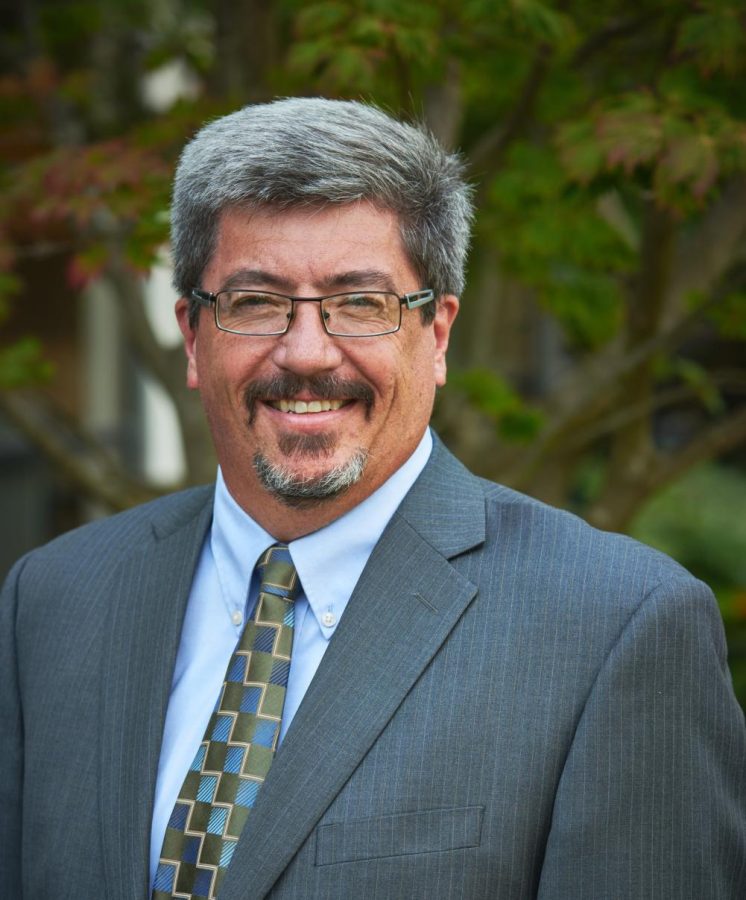













































































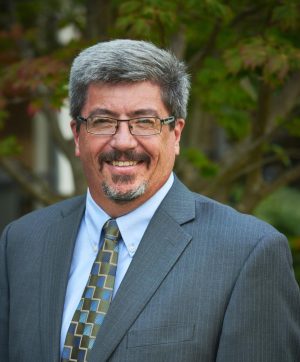
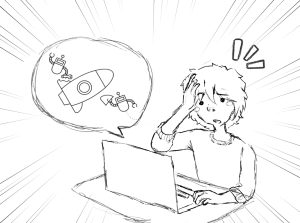
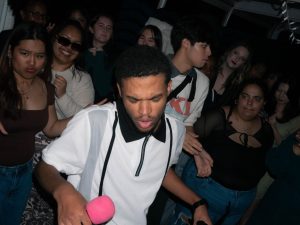

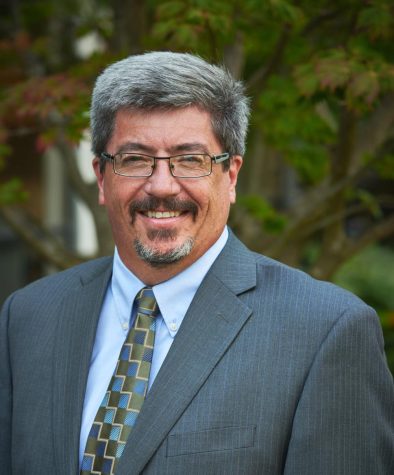
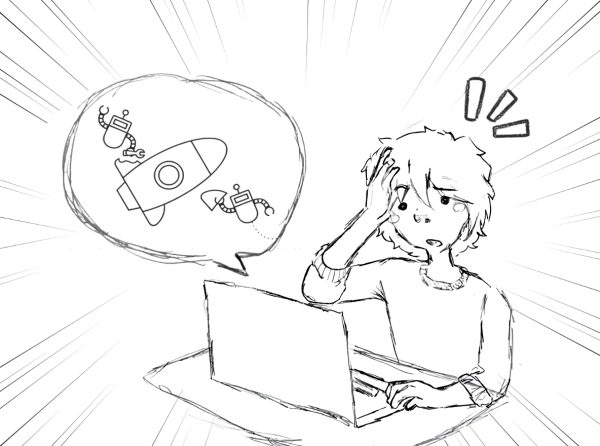
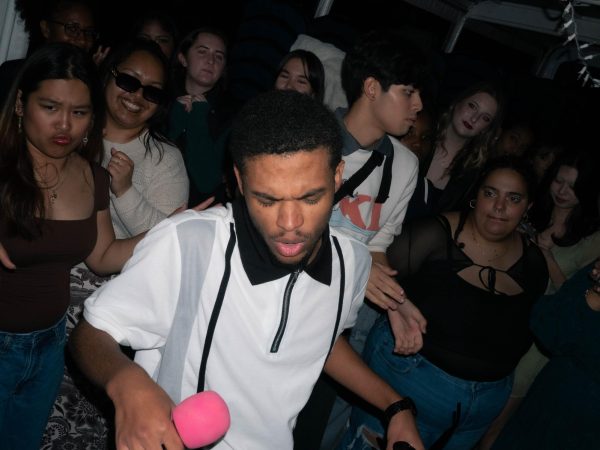
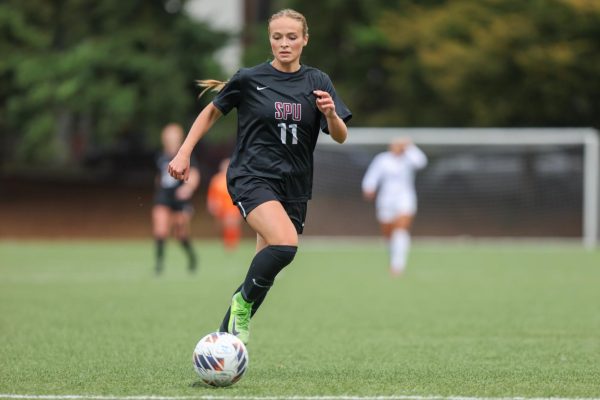
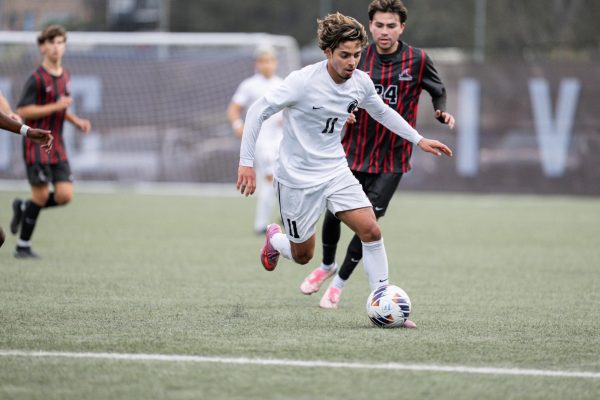



Freyja • Feb 9, 2021 at 1:46 pm
if you have any questions, concerns, or just disagree, let’s open up communication and chat about it, I would love to engage via email, and I know I have plenty to learn and grow in :^)